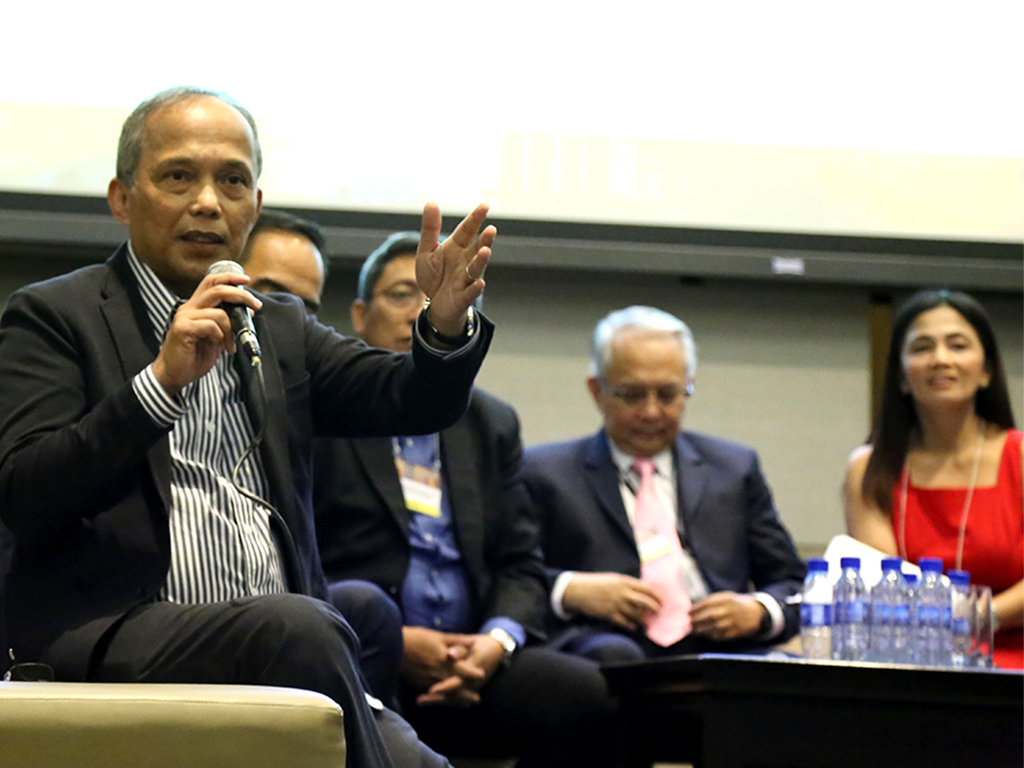DOE not comfortable with extending FIT for biomass and run-of-river
- October 25, 2017
- 0

“The Philippines, as a developing country…it’s difficult for us to be giving subsidy or FIT. Especially when we want to bring down our energy tariff,” Cusi said.
Cusi added that providing FIT perks is contradicting the department’s initiative to bring down power rates.
Subscription of biomass and run-of-river technologies to the FIT installation target is set to end this year.
Cusi said before that the FIT will not be expanded to another round as it adds burden to consumers and runs against the goal of bringing down power rates.
But the National Renewable Energy Board (NREB) said last month that it is finalizing recommendations to the DOE to extend the FIT system for biomass and run-of-river hydropower projects.
Developers have been asking the government to extend the FIT allocation deadline by another two to four years due to challenges in the development of biomass and run-of-river projects.
Originally, run-of-river hydro had a FIT allocation rate of P5.90 per kilowatt-hour (kWh), while biomass had P6.63 per kWh. Both techs were allotted an installation target of 250 MW each.
But these rates were lowered to P5.8705 per kWh for run-of-river hydro and P6.5969 per kWh for biomass this year.
Unlike solar and wind technologies, the FIT allocation for biomass and run-of-river are undersubscribed three years after FIT was implemented.
In 2016, 28.7 MW has been taken up the existing run-of-river projects while 144.8 MW was consumed completed by biomass plants.